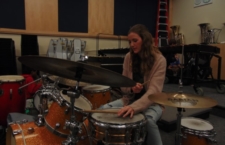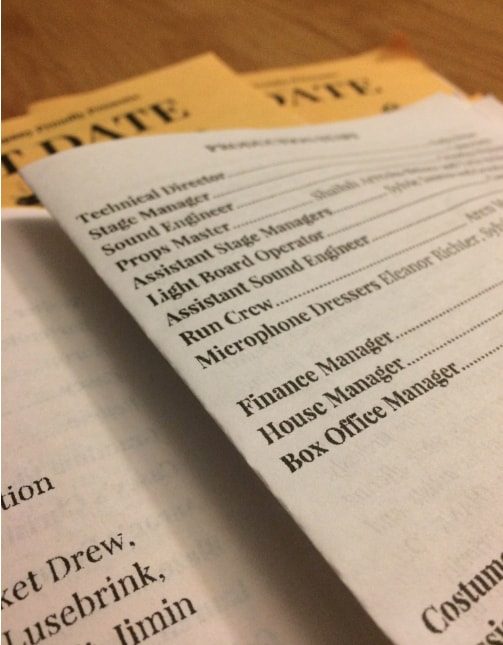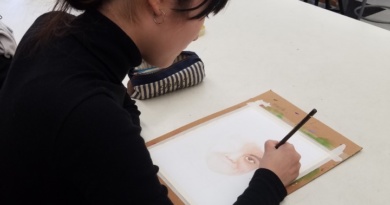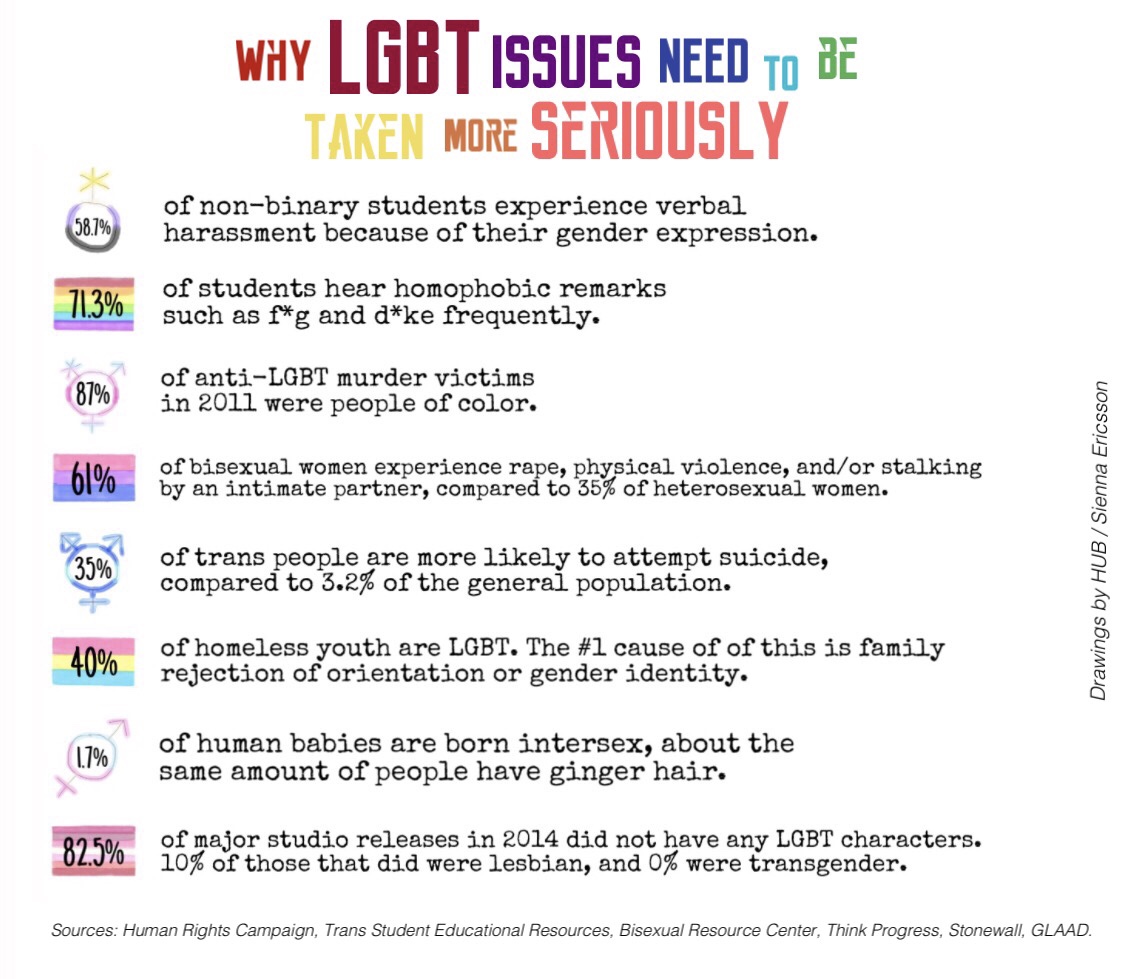Participating in musical theater is hard work, but worth it for many
By Rachel Klusky
BlueDevilHUB.com Staff–
At 4 p.m. on opening night for the Davis High production of “First Date,” the IPAB was already buzzing. The house wouldn’t open for a little while yet, and the cast, crew and orchestra were hard at work fine-tuning the last details of the performance.
“Mic check!” — a call from the very back of the theater. One by one, cast members began to sing to make sure their microphones were working. Some bursted into show tunes, others into Disney songs and one even launched into a rousing rendition of Rick Astley’s “Never Gonna Give You Up,” followed by a burst of laughter.
The group even ran through the curtain call at the very end of the show. Teacher and director Gwyneth Bruch surveyed the cast with an eagle eye as she coached them through the bows.
“Come forward… very good… and there’s a company bow,” came Bruch’s voice from across the orchestra pit. Cast members followed her instructions and subsequently dispersed to the backstage green room.
Minutes before the first audience member entered the theater, the stage and orchestra pit were empty. Cast members talked and laughed backstage to cover their nervousness. They’d worked hard for a long time both on and offstage, running through every song, line and detail, and — hopefully- – all that time and effort would show that night.
The effort that goes into a musical production extends far beyond just the actors.
“It takes hard work and dedication from everybody involved,” junior Kalia Mitchell-Silbaugh said. “And teamwork. Lots of teamwork.”
“It requires every single person including the cast, orchestra, tech crew, everyone in the show to have the right mindset,” senior Jonathan Kalinen said.
Teresa Gonzales is the president of Studio 301 Productions, a student-run musical theater organization at UC Davis. “I think the key is to be organized,” Gonzales said. “You need to have a production team that knows what needs to get done and that is on the same page.”
However, even with the cast working hard and the crew making sure everything runs as smoothly as possible, “there are going to be bumps on the road,” Gonzales said.
The truth is that no show ever runs 100 percent perfectly.
“So many things can go wrong with every production and they always do,” said senior Laura Britt, stage manager for the play “First Date.”
Kalinen remembers acting in a youth production of Charlotte’s Web where he had to deal with a costume malfunction and a line problem.
“I wore an inflatable fat suit. However, one show the batteries died and it didn’t inflate while I was onstage, and I messed up lines horribly,” Kalinen said. “There was honestly no recovery.”
Gonzales has also experienced mishaps.
“Back in high school, I had a quick change where I had to pull off a tear-away suit to reveal a beautiful dress underneath. In the 10 or 11 times I performed that costume change I got it to work only once,” Gonzales said. “The pants would just not come off.”
A musical production requires a lot of effort, both on and offstage. It demands an astronomical time commitment. Rehearsals during tech week, the final week before opening night, frequently run late into the night.
“With new blocking and new directions, that meant there were changes to light and sometimes sound design every night,” Britt said.
It took a lot of work.
“I found myself working on the show nearly every day at lunch and till late in the evening after school.”
On Nov. 4, opening night, the time had finally come to see if all that hard work had paid off. At 7 p.m., the IPAB was once again buzzing, but this time with the sounds of the audience.
The lights dimmed over the theater, eliciting a short burst of enthusiastic applause. A nervous Mitchell-Silbaugh began taking deep breaths behind her drum set.
There was a brief moment of quiet.
And then, finally, the opening number.
“How does it start, how does it last…”





